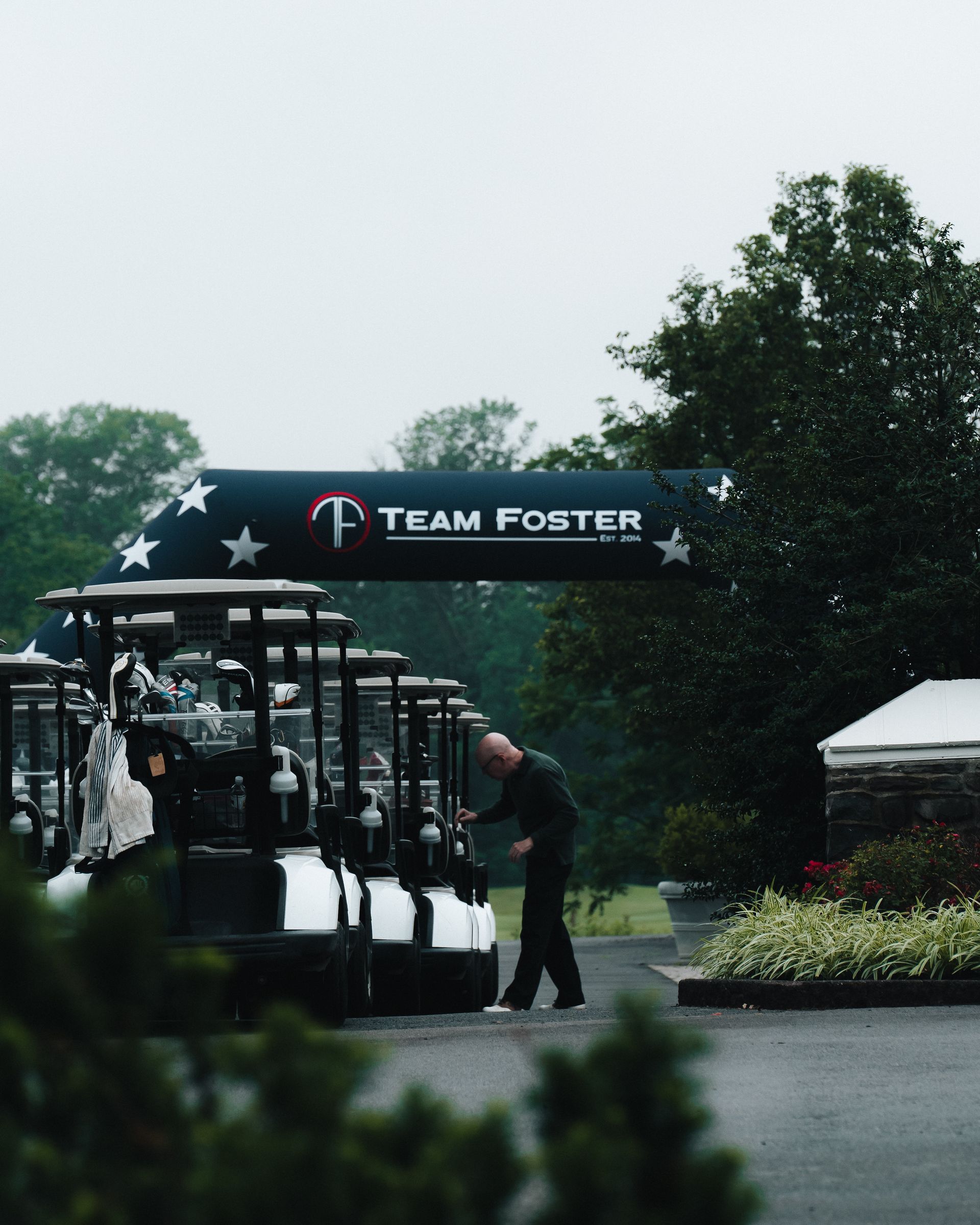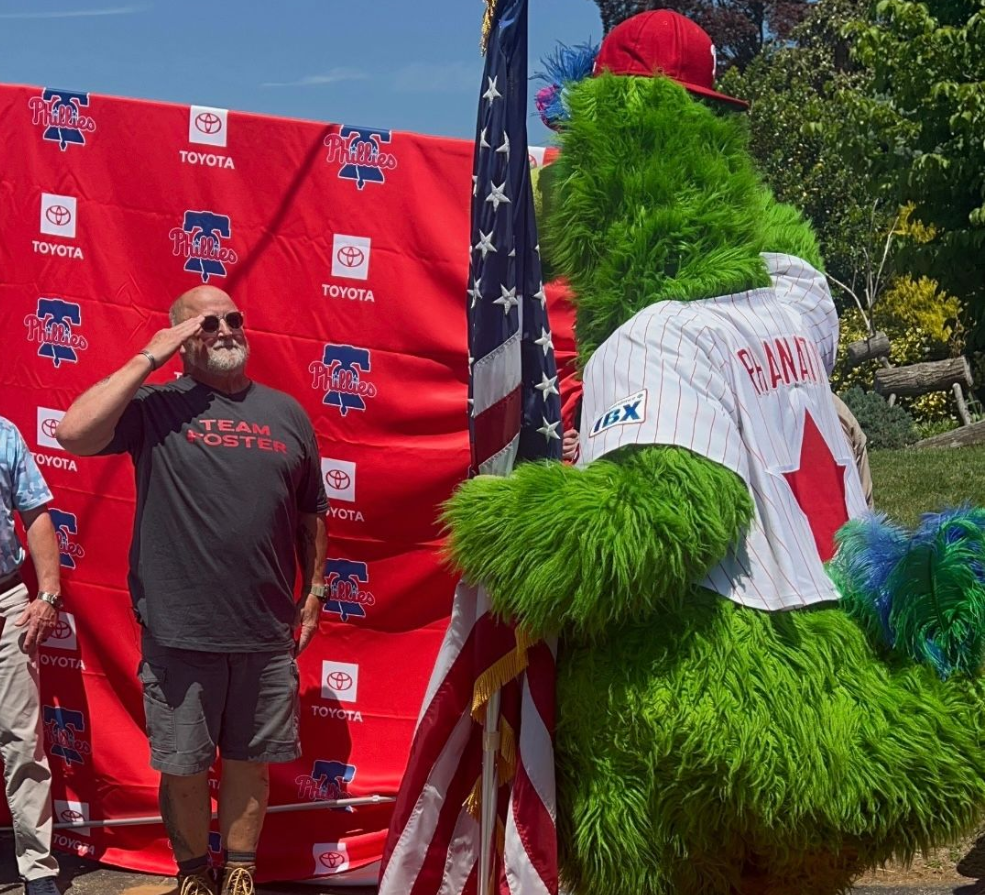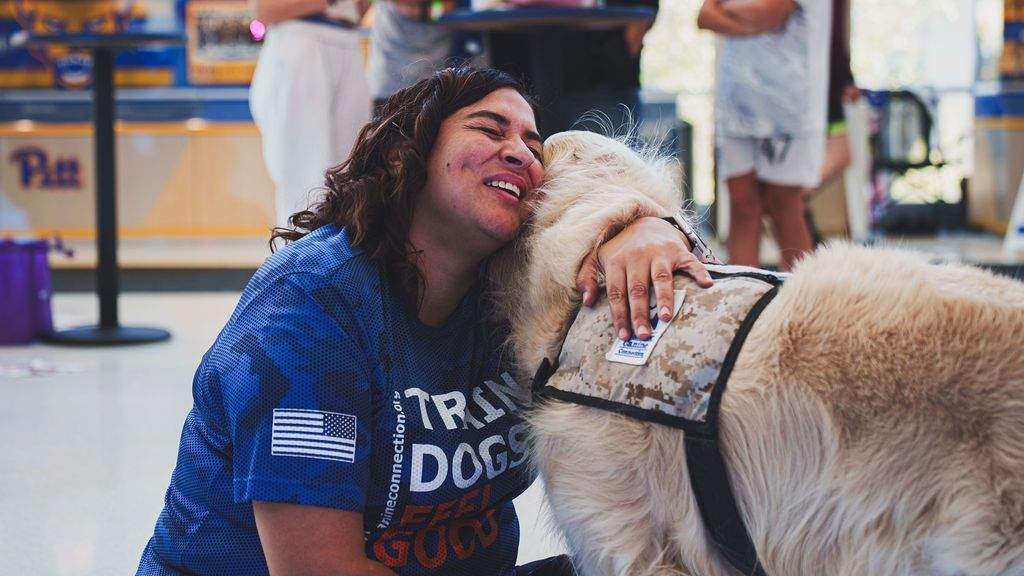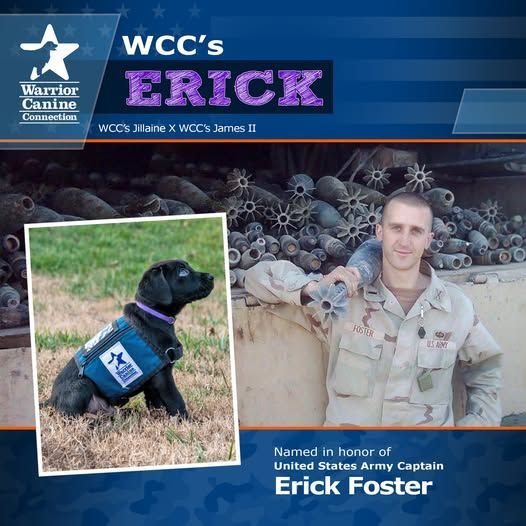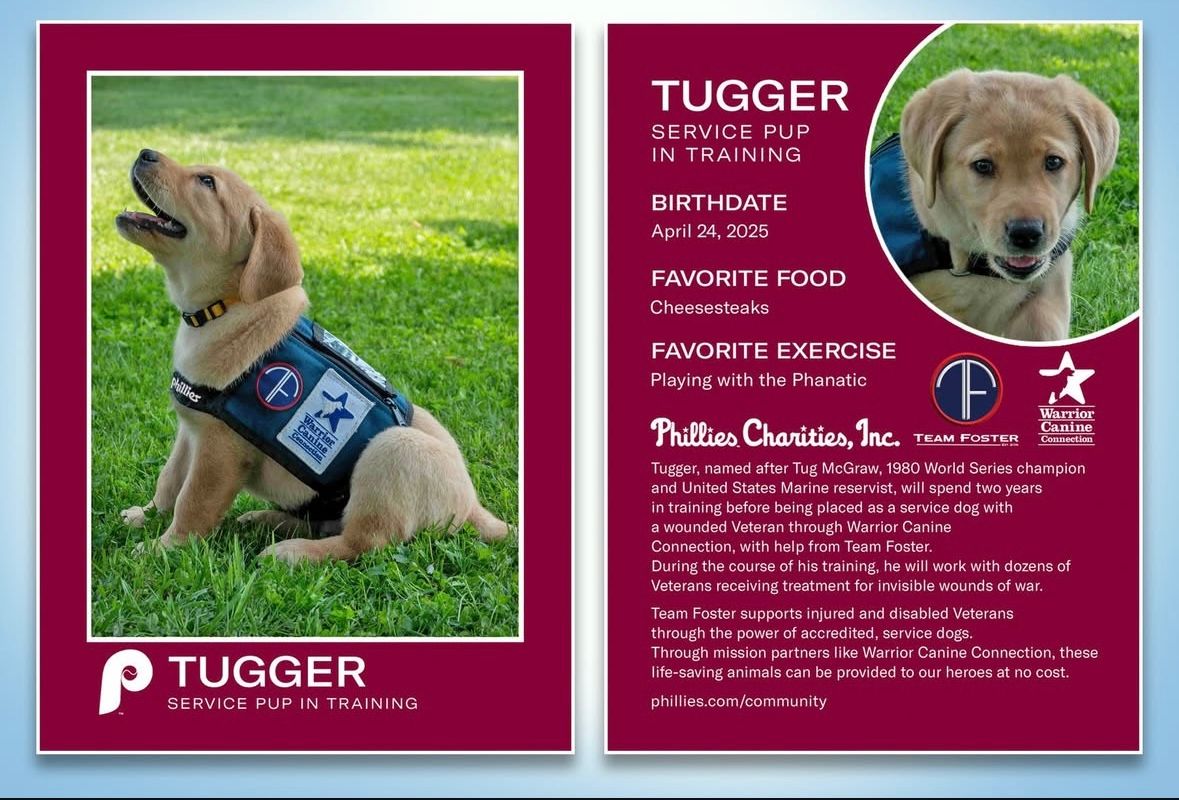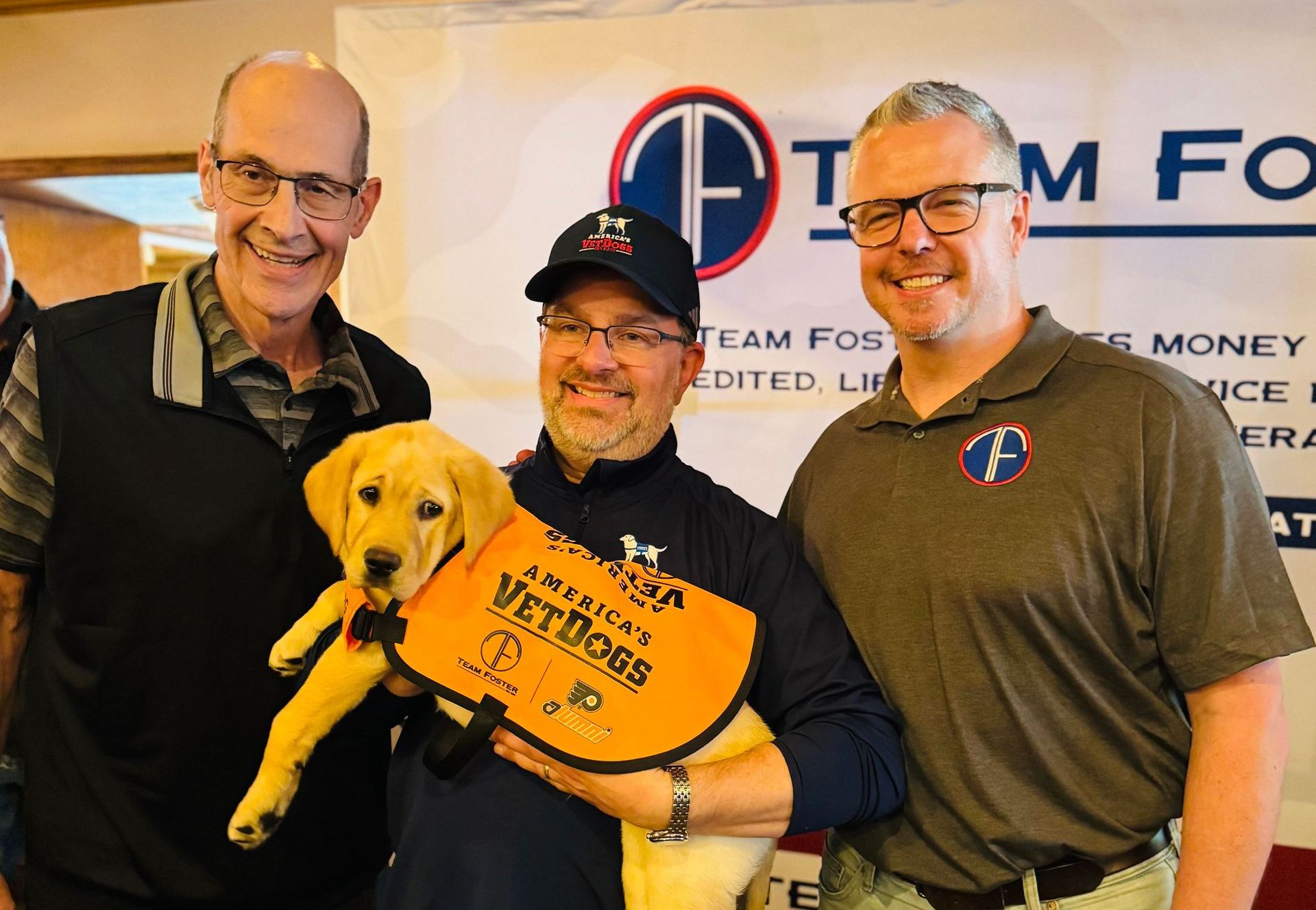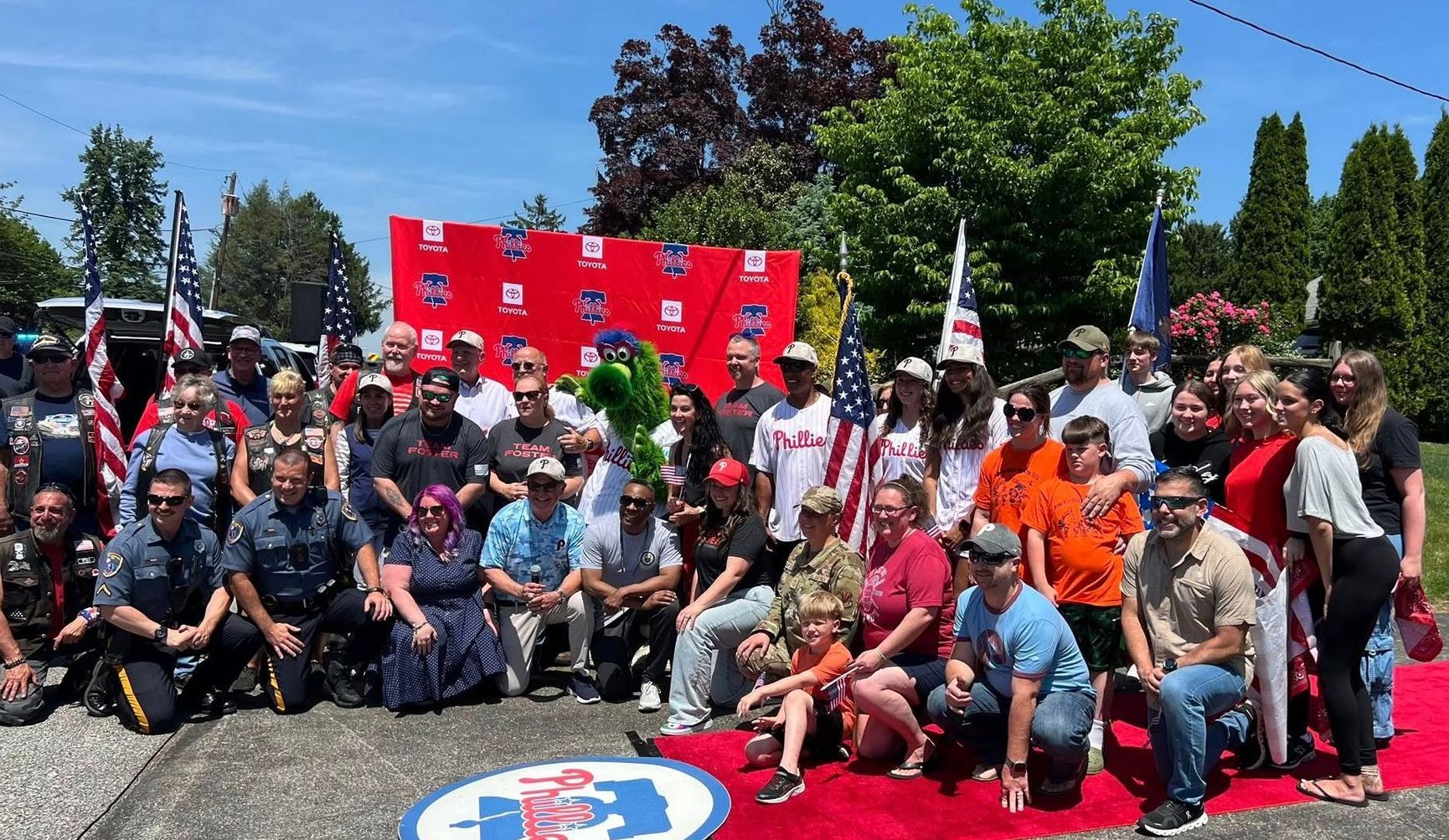Qualified to Serve: Highlighting the Service Dog Accreditation Process
Qualified to Serve: Highlighting the Service Dog Accreditation Process
An Assistance Dogs International (ADI) accredited service dog program will ensure you receive a well-trained service dog that is:
- capable of mitigating your disability through at least three trained tasks,
- guaranteed follow-up support for the working life of the dog, and
- the highest standards for training the dog and you, the Veteran.
Team Foster recently spoke to Laura Hilbert (Accreditation Coordinator) and Chris Diefenthaler (Executive Director) at ADl.
Why Is Accreditation Important?
Government regulations do not exist around assistance dogs. As a result, there are often news stories highlighting instances where clients pay large amounts of money only to not receive an assistance dog, or worse, one that hasn’t been properly trained. ADI’s process represents “the gold standard,” shares Laura. “If you go to an ADI-accredited program, then you know they’re following these standards.” ADI-accredited programs ensure that the assistance dogs are trained and well socialized so there aren’t any mishaps.
One of the most important standards? ADI “requires members to support the client and the dog for the life of the dog,” adds Diefanthaler. “They have the backing and the ongoing training support if they need it.”
What is Accreditation?
Accreditation is the process by which assistance dog nonprofit programs are assessed to ensure that they meet the proper standards. According to ADI’s website, assistance dog programs are evaluated in a variety of areas including: “humane training methods, proper health care, safety and cleanliness of the training facility, and compliance with all legal regulations,” etc. There are also “specific standards for Service Dogs for Military-PTSD placements,” says Hilbert.
What Types of Programs can Become Accredited?
Accreditation is open to non-profit assistance dog programs only. Once a non-profit assistance dog program is accredited, they then become a member of ADI.
What Does the Process Entail?
The accreditation process is a “peer review process that is made up of ADI-trained accreditation assessors,” says Hilbert. “The process is also multi-faceted, requiring both paperwork and an on-site visit. The on-site visit involves interviewing clients, volunteers, staff members, and board members and observing training and clients working with the dogs. The paperwork must be sent prior to the on-site visit.”
How Long is the Process?
Accreditation is typically a long process. The non-profit assistance dog program must first apply to become a candidate program. After that, they have “two to five years to complete the process to become an accredited member.”
Is Accreditation a One-Time Process?
No. Once the program is accredited, then they’ll have to be accredited again every five years.
What is the Most Challenging Part of the Accreditation Process?
Various challenges exist in the accreditation process. Besides time and paperwork, where the organization is located might also play a role. Organizations applying for re-accreditation versus candidates who are applying for their first-time accreditation will “probably find different parts of the process challenging,” notes Hilbert. “It’s a big accomplishment when a program becomes ADI-accredited.”
Says Diefenthaler, “It’s a lot more in-depth than just having a piece of paper that says you have a policy.”
What Parts of the Accreditation Process are Veteran-Specific?
Additional requirements exist for programs that place assistance dogs with Veterans. Namely that these programs “provide additional educational requirements for their staff around mental health. Programs that place service dogs for military-related PTSD have to work in conjunction with mental health professionals as well,” states Hilbert. “The Veteran’s support system is also more involved in the process than with other types of clients.”
Is There a Cost Involved with the Accreditation Process?
Yes. The accreditation fee is only applicable “when one is actively undergoing accreditation,” says Laura. “There are also annual ADI membership dues” once an organization becomes accredited.
To learn more about accreditation or Assistance Dogs International,
click here.
charlie mike. [Continue Mission.]
